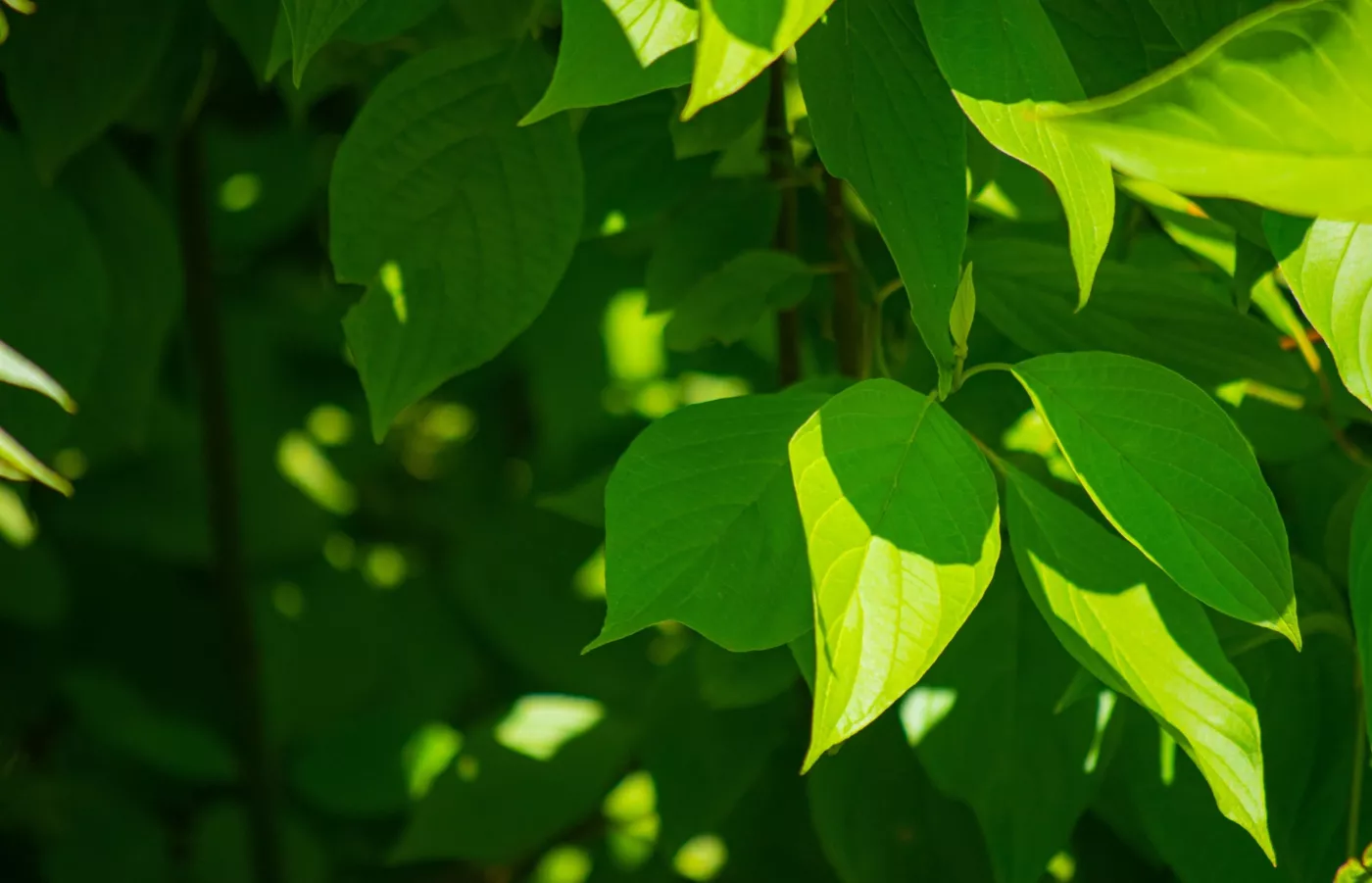The City of Montreal is proud to present its new pesticide bylaw banning the sale and use of several of the most dangerous substances, including glyphosate, chlorpyrifos and numerous neonicotinoids. With this unprecedented move, Montreal becomes the first municipality in Canada to completely ban the sale of these pesticides for domestic use on its territory.
Because of the risks that pesticides pose to human health and the environment, the City is further tightening its regulations. Protecting the quality of life of Montrealers and preserving the city's biodiversity are key priorities for the administration, which is why the use of pesticides on the grounds of public buildings will be more tightly regulated as of 2022.
The new regulation will ban the sale of approximately 100 pesticides for domestic use and the use of certain pesticides in agriculture, ornamental horticulture and extermination. The new regulation will also require an annual permit for commercial operators who wish to use pesticides. They will have to provide an annual record of pesticide use and will be subject to fines of up to $4,000 for non-compliance.
These new measures are in line with the City of Montreal's Climate Plan and Vision 2030, which aim to bring nature to the city by putting biodiversity, public health and green spaces at the heart of decision-making.
Quotes
"The harmful effects of pesticides on health are becoming increasingly reported. Doctors and scientists have sounded the alarm about their impact on humans and the environment, and it is imperative to act. There is no risk to the well-being of Montrealers and taking action today confirms our commitment to ensuring the health of all Montrealers and Montreal's biodiversity. We are determined and firmly committed to creating healthier and sustainable living environments in which future generations will grow up healthy," said Montreal Mayor Valérie Plante.
"This new regulation was not only a priority, it is a long-standing commitment of our administration. It replaces the previous bylaw on pesticides in Montreal, which has been in effect since 2004. By banning the use of the most toxic pesticides for health and the most harmful for biodiversity, such as glyphosate and neonicotinoids, we are protecting the health of Montrealers, the environment and maintaining the balance of biodiversity. No other level of government, nor any other city in the country has such strict regulations," added Laurence Lavigne Lalonde, the executive committee member responsible for ecological transition and resilience, Living Spaces and urban agriculture.
"For years, many serious health problems have been described in association with the use of pesticides: an increase in certain cancers, endocrine problems, developmental issues in children, spontaneous abortions, cognitive impairment, and several other conditions. Unfortunately, science is always late and it is often after many years, even decades, that we realize how much damage has been done. When it is not the industry that has hidden a host of damaging effects... The only responsible approach is that of caution. And our governments must absolutely protect the population from these significant risks. Controlling the use of pesticides is also part of the protection of our planet. AQME welcomes the City of Montreal's initiative. It is a statement that shows a real concern for public health. And we look forward to working with the City on this important issue," said Dr. Éric Notebaert MD MSc, Vice-President of the Association québécoise des médecins pour l'environnement and Associate Professor at the Faculty of Medicine of the Université de Montréal.
"As Montreal's Director of Public Health, I welcome this update of the pesticide regulation, which aims, among other things, to better protect the health of Montrealers. As our knowledge of the health impacts of pesticides is constantly evolving, a precautionary and preventive approach is needed. We look forward to working with the City of Montreal to ensure that the implementation of the pesticide bylaw is based on the best scientific knowledge and that it is updated as this knowledge evolves," concluded Dr. Mylène Drouin.
For more information on the Regulation on the sale and use of pesticides: click here.



